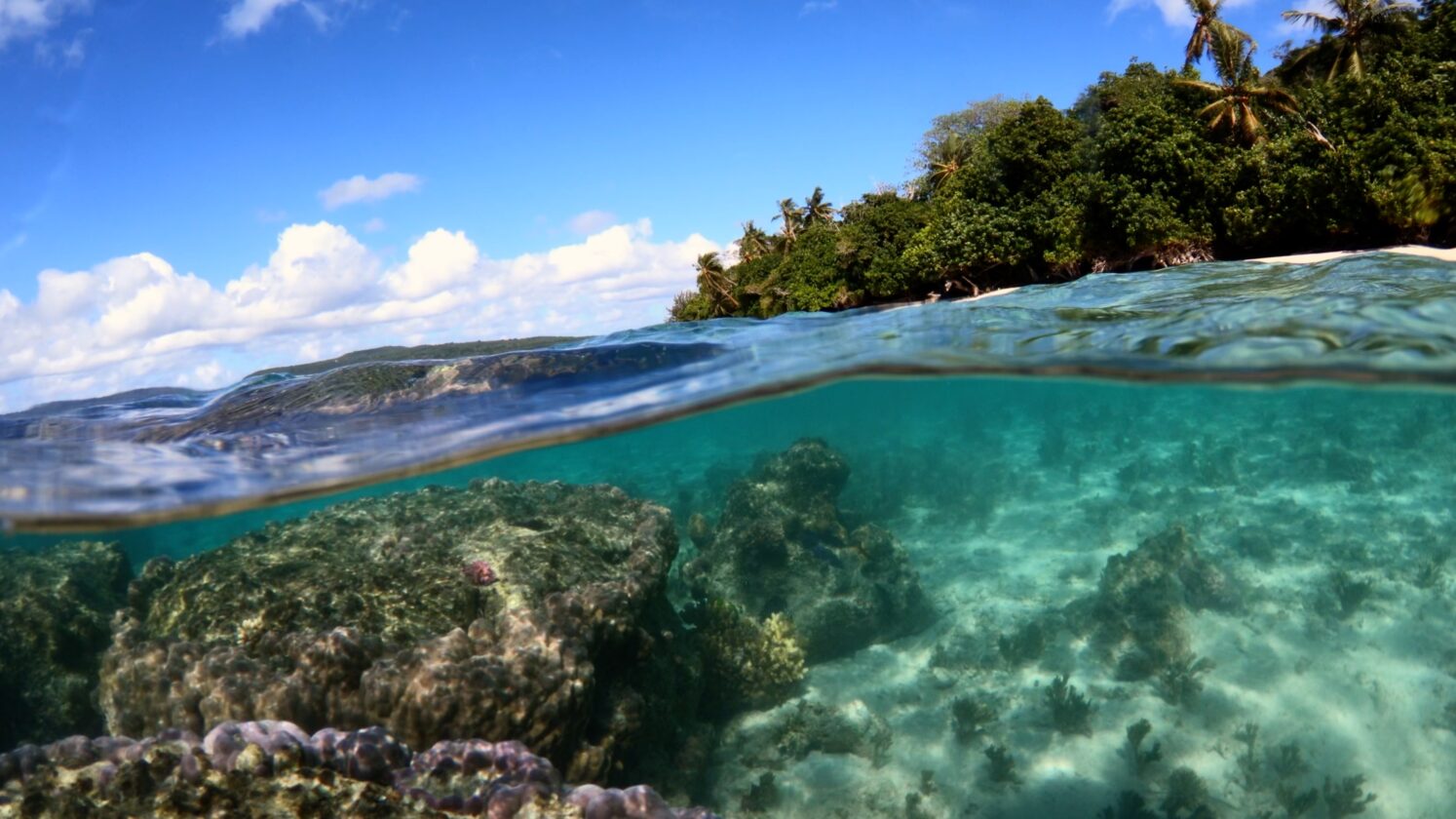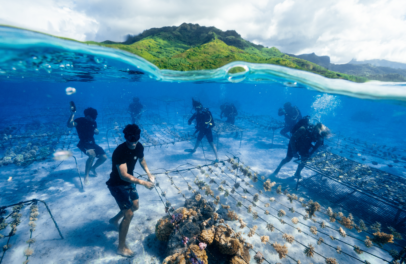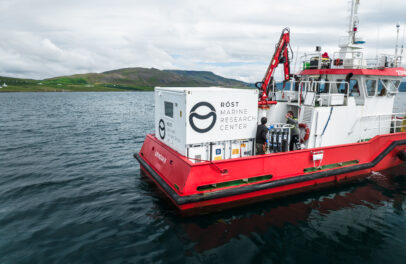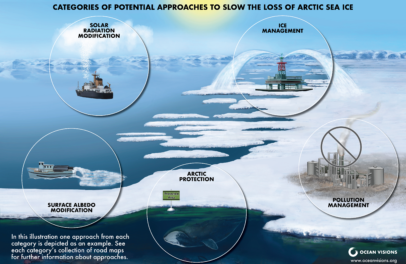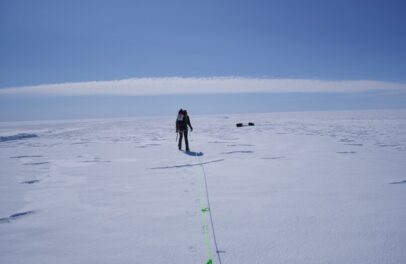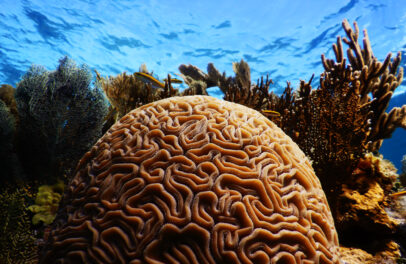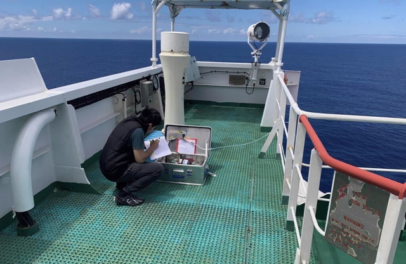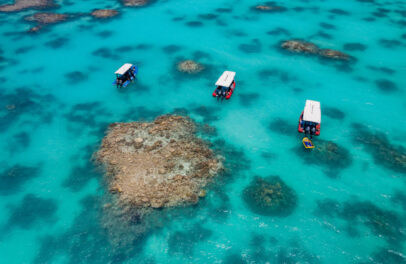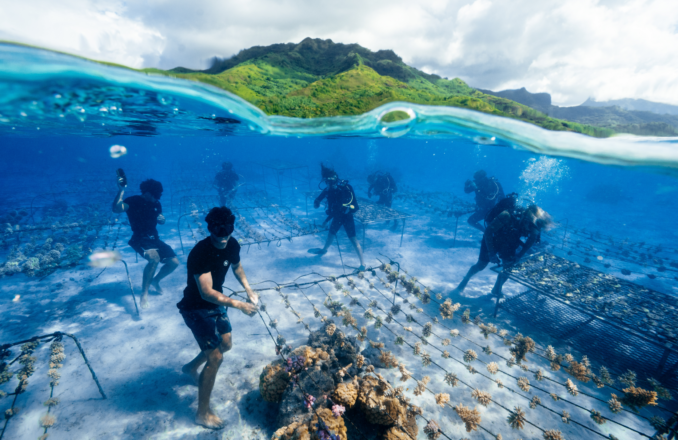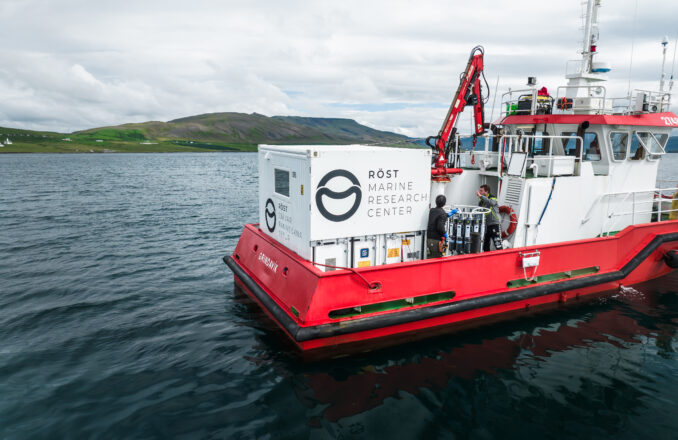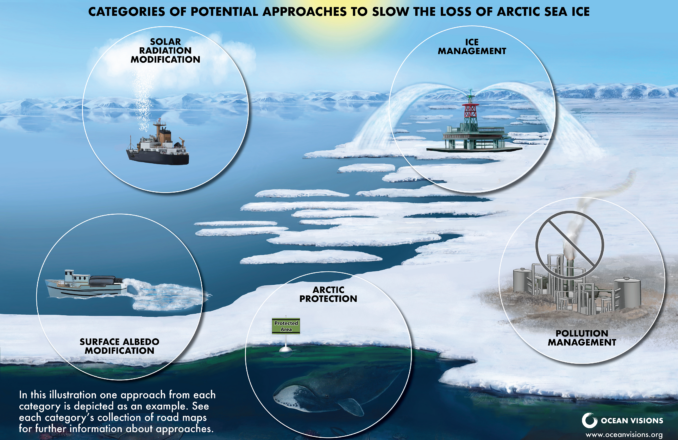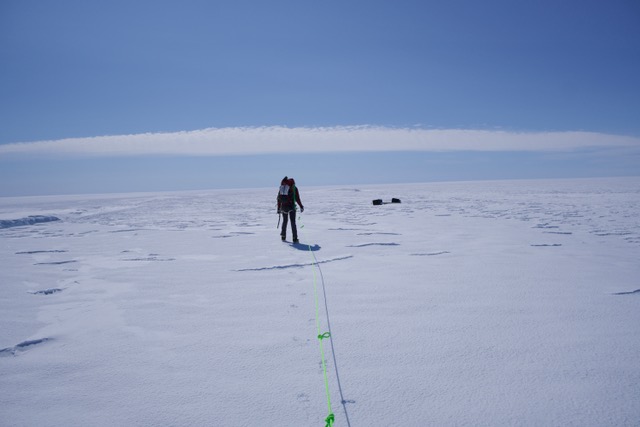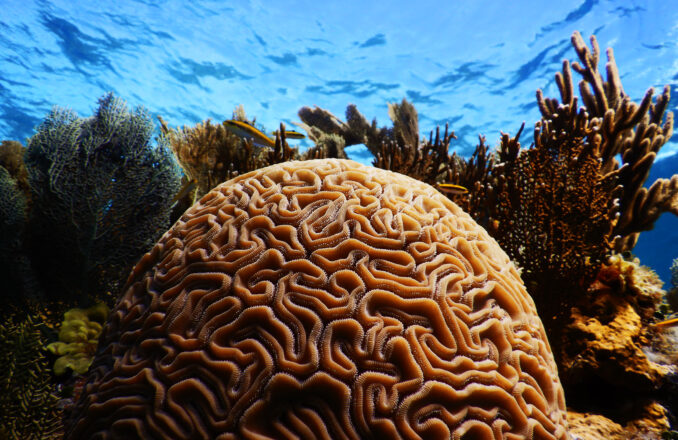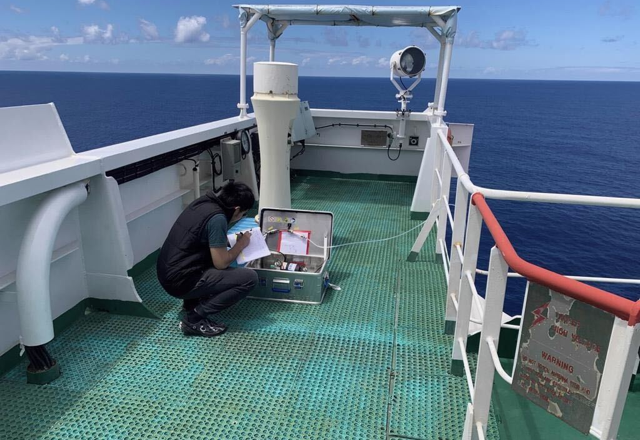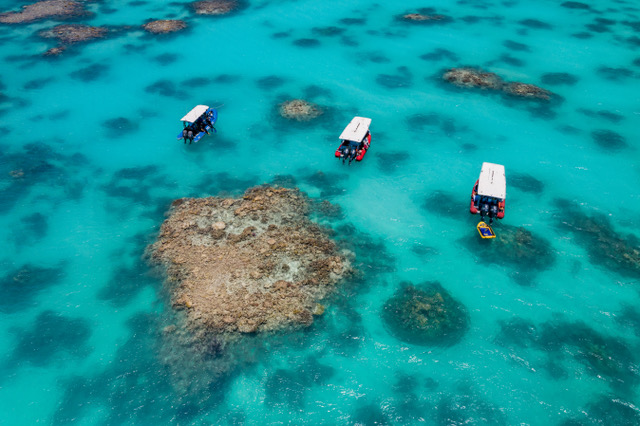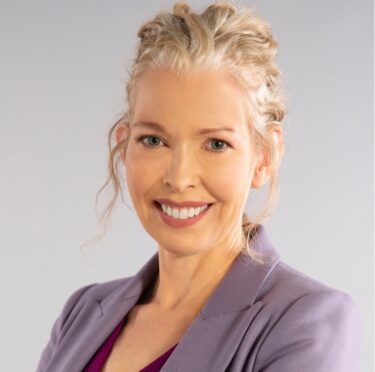Dr. Julie Pullen is an oceanographer and meteorologist working on climate resilience and climate solutions. Her expertise spans climate, weather and water with a particular focus on climate solutions/interventions, earth system prediction, AI and climate tech. A founding Partner and Chief Scientist with Propeller Ventures (an ocean climate solutions VC fund), she was earlier the Climate Strategist (and previously, Director of Product) with Jupiter Intelligence, a climate risk analytics startup.
She was an ocean engineering professor at Stevens Institute of Technology where she held a joint appointment with the Department of Energy’s Environmental and Climate Sciences division and was a Fulbright Visiting Professor in the Philippines. A former oceanographer with the Navy, she was a Science Fellow at Stanford’s Center for International Security and Cooperation and led the Department of Homeland Security’s National Maritime Security Center. She is a Fellow of the Explorers Club for her scientific exploration achievements.
Dr. Pullen serves on the U.S. Government’s National Climate Security Roundtable and the Global Association of Risk Professionals (GARP) advisory committee for Sustainability and Climate Risk. She is on the board of Waterfront Alliance and Ocean Visions, and is an advisor to Carbon to Sea.
Dr. Pullen was a member of the National Academy of Sciences committee peer-reviewing the two most recent National Climate Assessments, as well as panels on Earth System Prediction and Ocean Observations. She was a chapter co-author of the New York City Panel on Climate Change report. She was elected to the leadership councils of both the American Meteorological Society and The Oceanography Society and also co-chaired their largest meetings.
